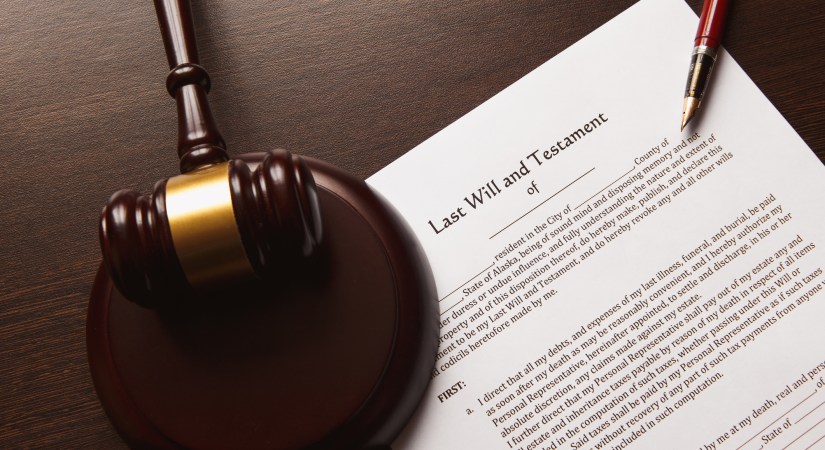Spoiler alert: We’re all going to expire one day. Death is a fact of life. Knowing this, we should all start putting plans into action to manage and distribute our leftover finances and assets after we die. We can’t take it all with us, no matter how hard we try.
How to Write a Will
Wills are legal documents that dictate your final wishes as to who receives what portion of your money and other assets after you’re gone. Most people leave their wealth to family, friends, and charity organizations. But you may not know where to start when it comes to figuring out the finer details.
You can take either of two routes when writing a will. You can write the will yourself or have an attorney draft the will for you. Some people would like to avoid the hassle and cost of hiring an attorney. Others think it best to employ an attorney to write a will for them. Hiring an attorney ensures everything is correct, and assets distributed in a way that follows your final wishes and best protects the beneficiaries. If you have a lot of properties, assets, and money, it’s probably best that an attorney and estate planner be brought in to help parse out the details of the will.
Why Estate Planning is Needed
Estate planning is essential because you determine where your most prized, valuable, and sentimental possessions go. In whose hand do you leave the things most precious to you when you die? A will can be invalidated if even one requirement your state has mandated is incorrect or missing. What happens if your will is canceled out by a technicality or if you die without a will (intestate)? Then state law decides who among your heirs or descendants gets your stuff after you die. If you die without a will setting out your estate plan, the state in which you reside will determine where your things go and who gets what. Letting state law determine the division of your estate can lead to a lot of complications. As an example, say you want to leave things to a long-term, but an unmarried, significant other. The state would not recognize your significant other as one of your heirs. State laws usually only recognize married spouses and blood relatives.
Estate planning will also reduce infighting amongst heirs. Because if you are well off, they will most likely fight for a piece of what you had.
Finally, writing a will is most important if you have children and pets. In a will, you can dictate who takes care of those who were dependent on you. And that should never be taken for granted.





